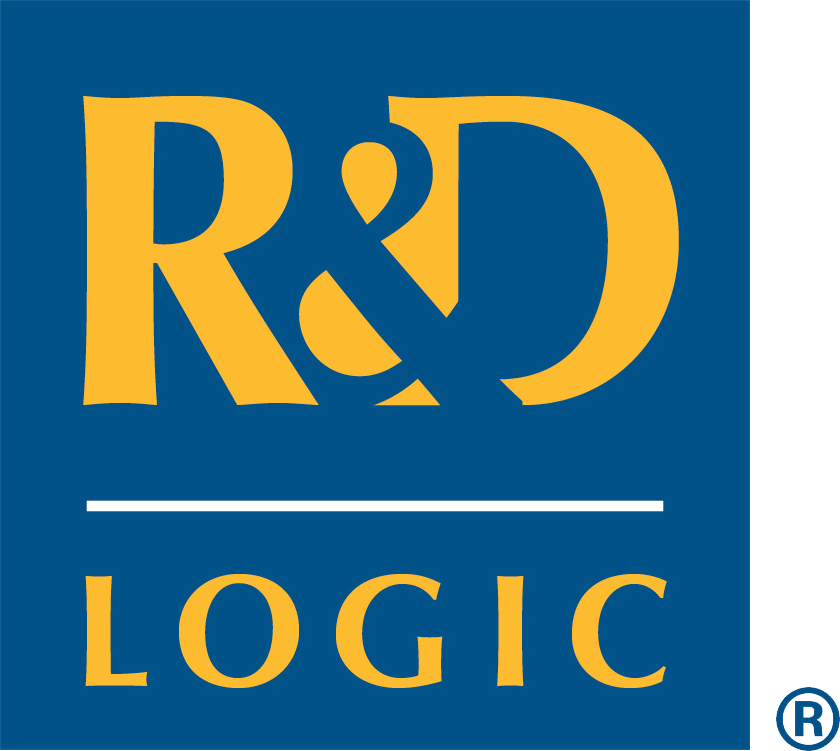Tracking Time in R&D - The Need, The Means and The End
In an R&D-intensive environment, roles are highly interdependent. Specialization of knowledge—both business knowledge and scientific knowledge—leads to specialization of language. But high performance arises from fostering and leveraging the interdependence. So the fundamental need is to foster collaboration. What does that have to do with tracking time in R&D?
As we mentioned in our last blog post, autonomy is a must when dealing with high-caliber scientific and business minds. In order to harness that autonomy into o collaborative effort, the bigger purpose of what's being done—the portfolio strategy, to use a business term—needs to be clear to all involved in its pursuit, because that purpose is going to drive individual performance.
That's where communication comes in, and accurate time tracking in R&D is about creating information on who is doing what, and how much of it. That information creates accountability, which can provide a means to ensuring that people are aligned under the bigger purpose at hand—or, in a typical R&D portfolio situation, the bigger purposeS.
The purpose of each project in an R&D portfolio has at least one common objective with all other projects: knowledge creation. From a scientific perspective, that knowledge is underpinned by ambition. From a business perspective, speed plays a critical role in extracting value out of this scientific knowledge, because value creation is time sensitive: I need to deliver a goal before anybody else does. But both speed and ambition increase the risk of failure, which can disrupt team alignment and, hence, collaboration.
This alignment requires understanding, but communication to reach that understanding is time-consuming—unless you have easy access to resource utilization at all times, and the accountability that follows. Enter time tracking in R&D environments:
1. The need – the more visible the utilization of your R&D resources, the easier it is to align them with your strategy. And that visibility needs to bear in mind the different "languages" your specialized talents speak: "FTEs" for a business executive, "percentage of my time" for a staff scientist, "X hours" for a contractor, and a combination of these for those who have to manage resources on a day-to-day basis.
2. The means – when everyone is accountable, it drives collaboration towards a better return on your R&D investment. Everyone is singing from the same song sheet, so to speak, and each person understands her or his role in the pursuit of the ultimate purpose of value creation across an entire portfolio, and according to the strategy in place at any given point in time—the collective ambition, if you will.
3. The end – the faster you can evaluate what your R&D has delivered, the more time you have to plan where it should go. Time is the only resource that cannot be "recycled", so it has to be carefully managed. But if that management takes too much time, the medicine may kill the patient. So time drives a need for efficiency.
We'd like to end this blog series on tracking time in R&D with a few words of wisdom from David Deutsch, author of (among other titles), "The Beginning of Infinity". In this book, he begins his argument that we are just at the beginning of VERY interesting times by proposing two aphorisms that we believe are clear enough for any specialist to understand, whatever her or his area of expertise:
Problems are inevitable – and the better we get at identifying problems—and making it our purpose to solve them—, the better we can get at tackling the second aphorism.
Problems are soluble – it's a matter of having the right kind of information—driven by the ambition to find or create it—at the right time.
In a way, these aphorisms articulate the very essence of R&D: we may run into trouble, but we can always gain new knowledge; and if we think hard and long enough, we can potentially beat a new path to a workable solution. At R&D Logic, we've made it our purpose to engage science & business through automated performance management solutions. Time tracking is our point of departure in this quest. Come back soon to check out our next topics: tracking & analysis, planning, and reporting.
In the meantime, our Resources page has 4 (very) short videos that provide an overview of R&D Logic's Portfolio & Corporate Performance Management solution. They summarize our CEO's presentation at the ABFO meeting in San Diego in March of 2013.
